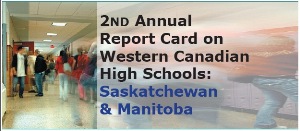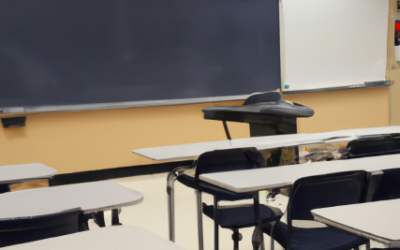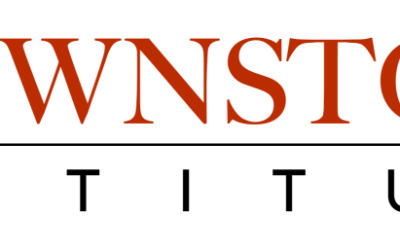 What’s in the report card?
What’s in the report card?
The 2nd Annual Report Card on Western Canadian High Schools includes information from the 2006-07, 2007-08 and 2008-09 school years to calculate stable results–two of the three years must be available for inclusion. We compile data from departments of education, school boards, schools and any other publicly-available sources that provide insight into the performance of high schools. All indicators represent an entire school’s performance or characteristic.
Once the data has been compiled, we grade and rank everything that explains how your schools serve you with the exception of schools where results represent an average of fewer than six students–these are excluded due to the potentiality of skewed results and privacy concerns.
Indicators
Indicators reveal school performance in one of its many facets. At their highest level, they represent one of the two core objectives of education: (1) keeping students engaged in learning (Engagement) and (2) facilitating the attainment of competencies (Achievement). These broad objectives have a number of different elements to be considered for a comprehensive assessment. Keeping students engaged means that they attend school and progress from grade-to-grade-to graduation. Schools should also be encouraging students to enjoy the challenge of learning and continue learning upon graduation. Those that do well teaching and engaging students will have more students staying in school, committed to learning and progressing to higher-learning.
Schools doing a good job of facilitating competency attainment have students with high levels of essential competencies (e.g. mathematics, language and sciences). We know how schools are doing–comparatively–by administering common exams across all schools that comprehensively and effectively assess levels of competencies. We recognize that standardized exams can only narrowly assess competencies effectively; thus, we also include Teacher-Assigned Marks to assess the broader range of competencies (e.g. inter and intra-personal skills, diligence etc.) required for success.
The comprehensiveness of this report allows identification of all sources of a problem. For instance, two schools that perform poorly on provincial math exams, but have varying attendance records (students show up to one and don’t to the other) have different problems. The school where students are not showing up will do better by focusing on getting students back in the classroom. The school where students are there but not learning would do better by improving its instruction methods. These schools can look at the policies and practices of other schools with high attendance rates and provincial math exam marks for direction.
Scoring, Ranking and Grading
Ranks indicate the performance of schools relative to other schools. The top ranked school (number 1) is the top performing school. Grades indicate the performance of schools relative to other schools, but they also consider how much better or worse schools are than proximal schools. For instance, the top, second and third ranked school may all receive a ‘B+’ because they are only slightly better than the other schools. The top ranked might also achieve an ‘A+’ and the second, a ‘B’ indicating a much greater difference in performance between the two.
View entire study as PDF (17 pages)
View Manitoba report data HERE.
View Saskatchewan Ranked data HERE.
View Saskatchewan Unranked data HERE.


